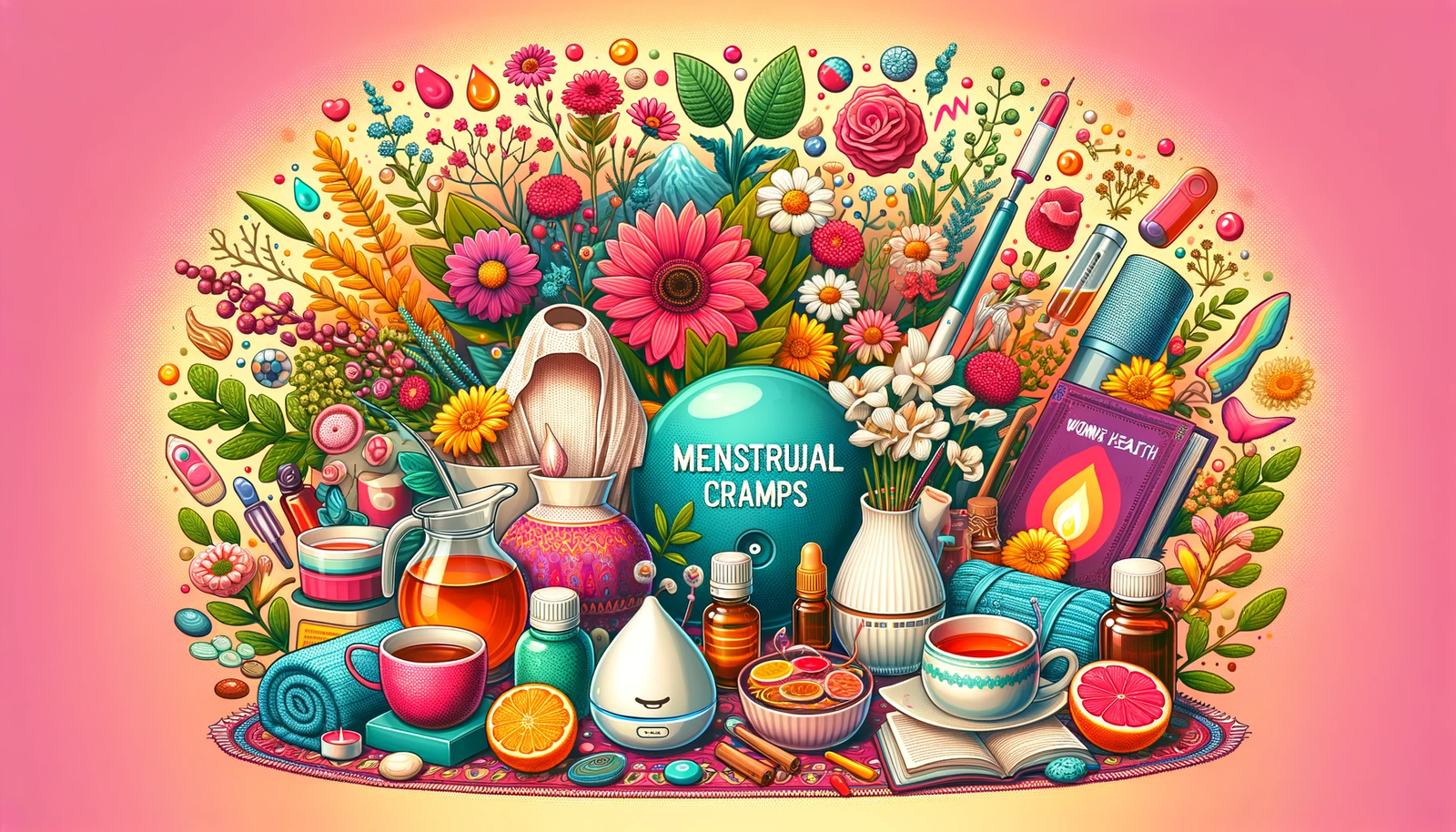Menstrual cramps, also known as dysmenorrhea, are a common occurrence for many women during their menstrual cycle. While some women experience mild discomfort, others may have to endure severe pain that disrupts their daily activities. Over the years, several myths and misconceptions have arisen surrounding menstrual cramps. In this article, we aim to separate fact from fiction and provide you with a comprehensive understanding of menstrual cramps.
Myth #1: Menstrual Cramps Are Not Serious
Contrary to popular belief, menstrual cramps are not a trivial matter. While mild cramps are considered normal, severe and debilitating pain can indicate an underlying medical condition. Conditions such as endometriosis, uterine fibroids, pelvic inflammatory disease, or adenomyosis can cause intense menstrual cramps. It is important to consult a healthcare professional if your cramps are severe or significantly impact your daily life.
Furthermore, dismissing menstrual cramps as insignificant can perpetuate the stigma surrounding women’s health issues. It is essential to acknowledge and address the pain experienced by women during their menstrual cycle.
Myth #2: Menstrual Cramps Are “All in Your Head”
Menstrual cramps are not a figment of one’s imagination. They are a result of the uterus contracting to shed its lining during menstruation. These contractions can cause pain and discomfort. The severity of cramps varies from woman to woman, and factors such as hormonal imbalances, inflammation, and the release of certain chemicals in the body can contribute to the intensity of the pain.
It is crucial to validate and support individuals experiencing menstrual cramps, as dismissing their pain can be detrimental to their well-being.
Myth #3: Exercise Makes Menstrual Cramps Worse
Contrary to popular belief, exercise can actually help alleviate menstrual cramps. Engaging in physical activity releases endorphins, which are natural painkillers, and can reduce the intensity of cramps. Additionally, exercise promotes blood circulation, which may help ease the discomfort associated with menstrual cramps.
While it is important to listen to your body and avoid strenuous exercise if you are experiencing severe pain, light to moderate physical activity can be beneficial during your menstrual cycle.
Myth #4: Menstrual Cramps Are the Same for Every Woman
Menstrual cramps are a highly individual experience, and the severity and duration can vary greatly from woman to woman. Factors such as genetics, hormonal fluctuations, and underlying medical conditions can influence the intensity of menstrual cramps. It is essential to recognize and respect these differences, as what works for one person may not work for another in terms of pain management and relief.
Myth #5: Painkillers Are the Only Solution for Menstrual Cramps
While painkillers can provide temporary relief from menstrual cramps, they are not the only solution. There are various non-pharmacological approaches that can help manage and alleviate the pain. These include applying heat to the lower abdomen, practicing relaxation techniques such as deep breathing and meditation, using herbal remedies like ginger or chamomile tea, and trying alternative therapies like acupuncture or acupressure.
It is important to explore different methods and find what works best for you in managing menstrual cramps.
Conclusion
By debunking these common myths surrounding menstrual cramps, we hope to provide a better understanding of this prevalent issue. Menstrual cramps should not be dismissed or trivialized, as they can significantly impact a woman’s quality of life. It is crucial to support and validate individuals experiencing menstrual cramps and encourage open conversations about women’s health. Remember, everyone’s experience with menstrual cramps is unique, and it is essential to find personalized approaches to manage and alleviate the pain.
Disclaimer: This article is for informational purposes only and should not replace professional medical advice. If you are experiencing severe or prolonged menstrual cramps, please consult a healthcare professional.
